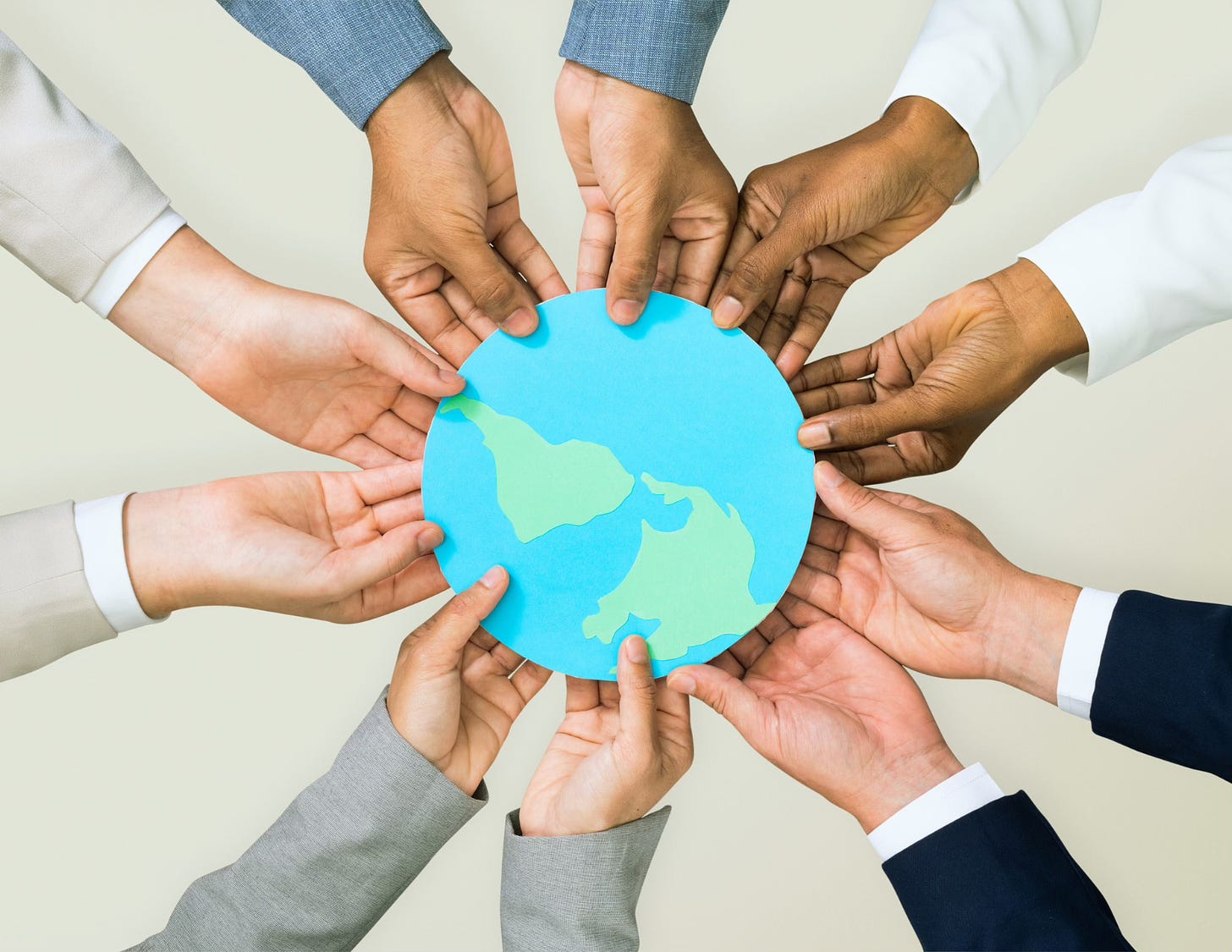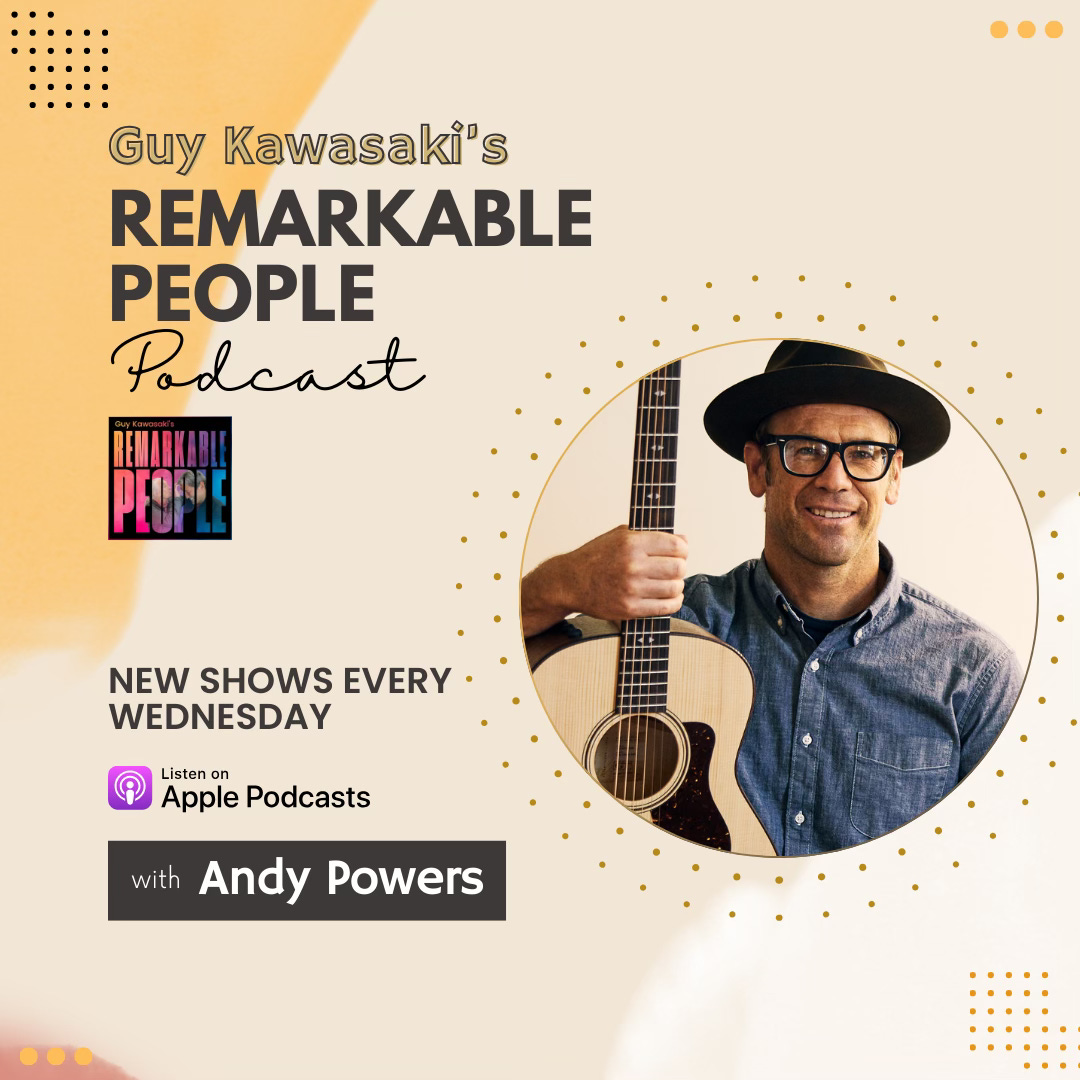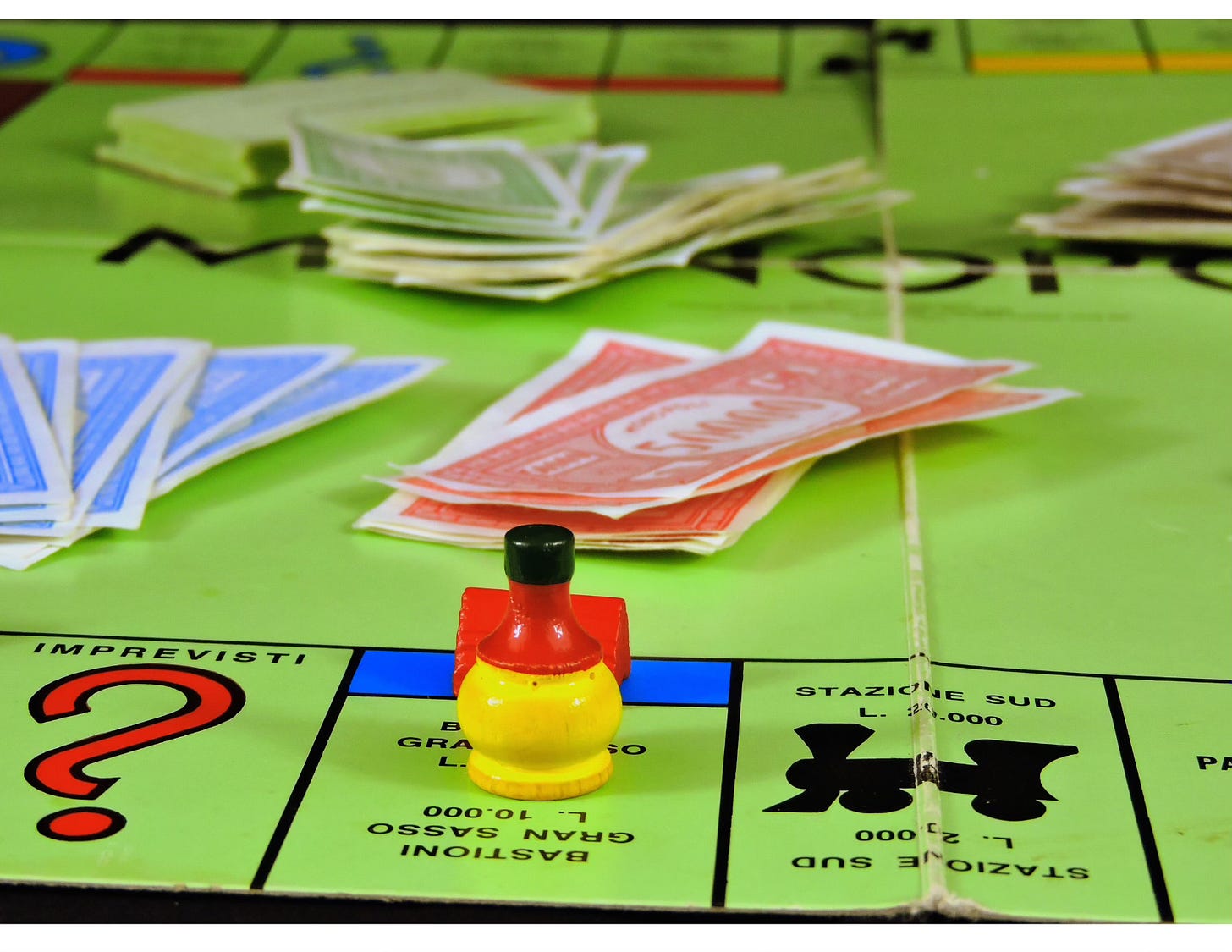How did the wealthfare of billionaires come to trump the social welfare of people?
The Original Plan: Innovation for a Better World
Back in the day, the goal was simple: make meaning, not just money. Steve Jobs, the ultimate visionary, believed in “denting the universe.” The idea was to create products that would revolutionize the way we live, work, and play.
Think about Apple, which has increased people’s creativity and productivity, or Google, which has made information accessible to everyone. The foundation of great innovation can be a desire to make the world a better place. But somewhere along the way, the focus shifted from “let’s make the world a better place” to “let’s make our bank accounts a better place.”
Billionaires have two primary concerns: taxation rates of the rich and support of cryptocurrency. (If you want to add a third, it’s academic plagiarism…) Surely, there are more meaningful and humanistic concerns than these. And the irony is that the folks who have more money than they could ever need want to de-priotize the needs of folks who are merely surviving. If they can’t take the high road, who can?
— This Week’s Episode of Remarkable People —
This week’s Remarkable People guest is Andy Powers, master luthier at Taylor Guitars and founder of Powers Electric. He shares his remarkable journey in guitar making. From building his first guitar at age seven to designing acclaimed instruments for Taylor Guitars, Andy discusses the art and science of guitar craftsmanship.
Don’t miss it! Tune in here.
Now, back to this week’s newsletter…
The Shift: From Meaning to Money
Somewhere along the way, the focus shifted. The drive to create meaningful innovations started to compete with the pressure to generate profits. While making money isn’t inherently bad, the sole pursuit of it can attract the wrong kind of people and lead to a loss of the original vision. It’s like starting a band to make great music but ending up just chasing chart-topping hits.
The Impact on Social Welfare
The gap between the ultra-rich and the rest of the population has turned into a chasm wider than the Grand Canyon. This growing divide has led to all sorts of social issues, like income inequality, reduced social mobility, and a middle class that’s feeling more squeezed than a tube of toothpaste in a college dorm. It’s like the rich are playing Monopoly with real money, and the rest are stuck with the “Do not pass Go, do not collect $200” card.
The Role of Entrepreneurs: Balancing Innovation and Impact
Today’s entrepreneurs face the challenge of balancing innovation with social impact. Steve Case, co-founder of AOL, emphasizes the importance of creating businesses that not only generate revenue but also have a broader impact on their communities.
For instance, Jonathan Webb’s indoor greenhouse project in Kentucky aims to revolutionize food systems while creating jobs in a struggling region. It’s about finding that sweet spot where business success and social good intersect.
Listen to Steve Case’s episode on my podcast here.
Case Study: Salesforce and the 1-1-1 Model
Take Salesforce, for example. Marc Benioff founded the company with the idea of doing well and doing good simultaneously. They implemented the 1-1-1 model, dedicating 1% of their equity, product, and time to philanthropic efforts. This approach has allowed Salesforce to give away millions of hours of volunteerism and hundreds of millions of dollars, all while running a successful business. It’s a testament to the fact that you can create cool stuff and make the world a better place at the same time.
Marc was also a guest on my podcast! Check out his episode: https://guykawasaki.com/marc-benioff/
Conclusion
So, wasn’t the plan to create cool stuff to make the world a better place? Absolutely. While the journey has had its detours, the original vision still holds.
By focusing on making meaning and balancing innovation with social impact, we can continue to create remarkable products that improve lives and make the world a better place.
Let’s work towards a future where the benefits of innovation and wealth are more equitably distributed. After all, wouldn’t it be nice if we could all enjoy a slice of the pie instead of just watching the billionaires eat the whole thing?








When I first started working in tech, everyone got some amount of stock options from the receptionist to the CEO, and departments like support nd manufacturing were actually on site. Post dot.com bust it started to change.
To me the gig economy signaled an effort to concentrate wealth in fewer and fewer hands. I remember when I reached my limit: When Wag got a billion dollar valuation I wondered why all the "greatest minds" in Silicon Valley were focused on apps that made life a teensy bit more convenient for other privileged people (and sometimes killing traditional channels for community connection in so doing) and what happened to really wanting to innovate to make the world a better place?
We didn't really learn the lessons of the dot com bust, we just found a way to move more of the expenses off the P&L.
I am updating my business planning book with a supplement addressing the Triple Bottom Line (profit, environment and social responsibility). Your post got me thinking "Where does innovation fit?"
Part of me wants to say that innovation fits everywhere, and perhaps innovation is a high-level, personal "value" that you either choose or you ignore.
Is there anyone who would like to weigh in or have other insights or opinion?